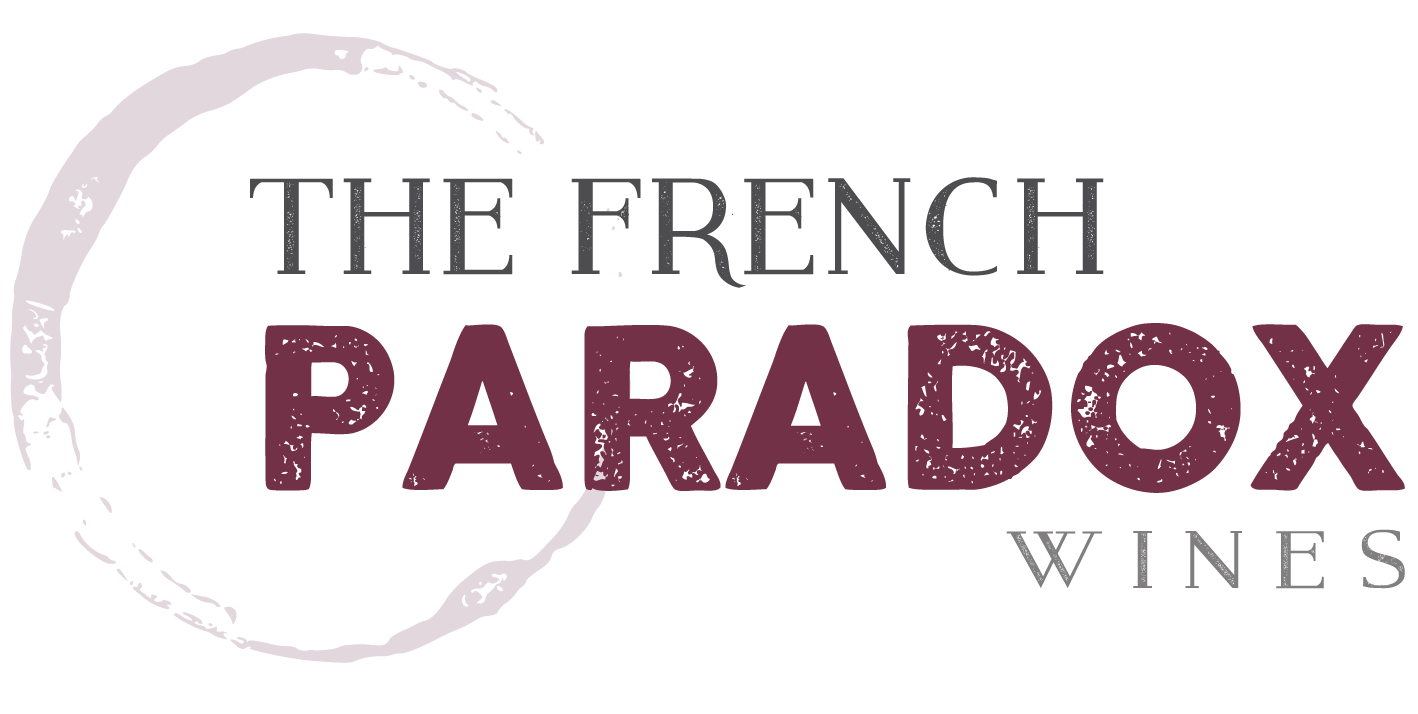Today’s New York Times (online) featured an editorial by Eric Asimov, bashing wine ‘populists’ for bashing wine ‘experts’. Full disclosure: I seldom agree with Mr. Asimov, so no one really should be surprised to learn that I don’t entirely agree with him in this instance either. But rather than undertaking a point by point criticism, I think I’ll sum up my disagreement with the following quote (his),’ The efforts to demystify and simplify never ring true because they ignore the fact that wine by its nature is mystifying and complicated.’
In fact, the exact opposite is true. The efforts to complicate and mystify wines never ring true because they ignore the fact that wine by its nature is simple and understandable.
Or as Albert Einstein said, ‘If you can’t explain it simply, you don’t understand it well enough.’
Wine is not mysterious, its scientific. It’s horticulture and chemistry. It’s pH levels in the soil and degrees Brix in the grape. Winemakers are not artists nor alchemists and grapegrowers are neither Demeter or Dionysus. The best are accomplished craftsmen and women, who through years of observation and study, hypothesis and experimentation, trial and error, have learned how to understand the complex properties of the soil and climate, the fruit and the vine and manufacture a product that is seemingly transcendental.
But it’s not…transcendental, that is. Wine is wonderful and cool and interesting and fascinating. It also tastes good and is mood altering. But it is not magical. And the problem with the wine critic (and columnist) is both snobbery (which Asimov assails, even though his columns are often all about the wines that he gets to drink that you don’t and never will) and obfuscation. Their goal is to keep the consumer confused and semi-literate about wine, so as to keep themselves valuable and employable.
They are false prophets and unreliable shamans. Their chants and invocations and pronouncements and predictions are empty and ridiculous. And their assertion that greater wine education equals greater wine appreciation always seems to be accompanied by a footnote that suggests that you might want to pay them for their brilliance and guidance.
Wines has been made and improved upon for some six thousand years. For the last 200 or so, a handful of high priests have kept repeating the mantra, ‘you are not worthy’ either because of your lack of culture, palate or education. And when the curtain is pulled back and their Oz-like powers are questioned, they respond with outrage and indignity. Gosh, haven’t we seen behavior from petty tyrants like this before? “The lady doth protest too much, methinks.” Or in this case, the columnist.
